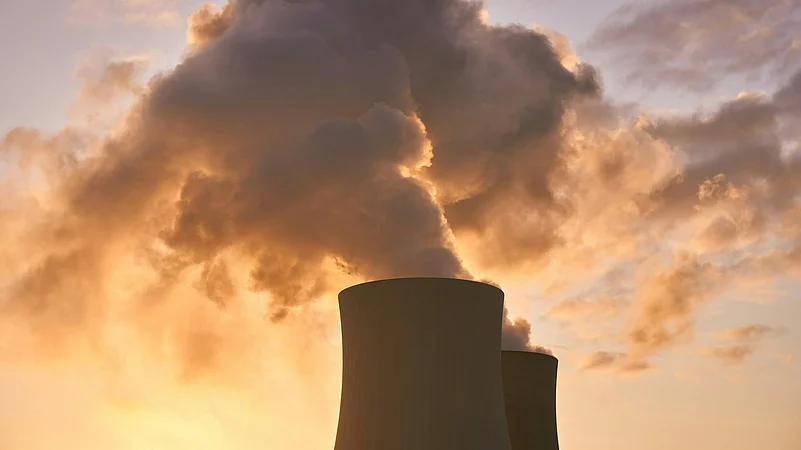
Experts said India must first define a clear decarbonisation metric—whether gas-based or renewable-based—to guide its transition.
Growing awareness is expected to make waste management more scientific and boost biomass-based clean energy.
MSMEs face an investment gap, often seeing clean technologies as a cost rather than a long-term business investment.
Multiple net-zero pathways exist, but “green growth” still carries contradictions, as economic growth cannot be fully decoupled from emissions.
Asim Prasad, Executive Director at GAIL (India) on Thursday said that the real decarbonisation journey will begin only once there is clarity on the metric India chooses to adopt whether it continues with a gas-based approach or shifts to a renewable-based indicator. “That clarity is essential,” he emphasised.
Waste management also forms a crucial part of the broader climate transition. While public awareness remains limited today, it is steadily growing particularly across both large cities and smaller urban centres. As this awareness strengthens, waste management practices are expected to become more scientific, efficient and environmentally sound. Improved systems will not only enhance sustainability outcomes but also boost biomass generation, further supporting cleaner energy pathways.
Speaking at the Roundtable on Energy Transition: Aspiring Towards a Collaborative Global Low Carbon Economy – 2030, organised by the Centre for Responsible Business (CRB) with Outlook Business as the media partner, Uma Reddy, President of the Federation of Karnataka Chambers of Commerce and Industry, underscored the persistent investment gap in clean technologies. She noted that smaller enterprises often prioritise spending on product development over sustainability upgrades, largely viewing cleaner technologies as an added expense rather than a long-term business investment.
Deepak Arora, Head of Government Relations at ArcelorMittal Nippon Steel India, added that there is no single blueprint for achieving net-zero emissions. Multiple technological and industrial pathways exist many functioning independently and countries are pursuing their own distinct approaches.
This diversity is encouraging, he said, but it also highlights contradictions within the green-growth narrative. While the world aspires to “green growth,” the reality is that growth itself is not entirely green. Likewise, the ambition to decouple economic expansion from emissions brings its own complexities and paradoxes.





























